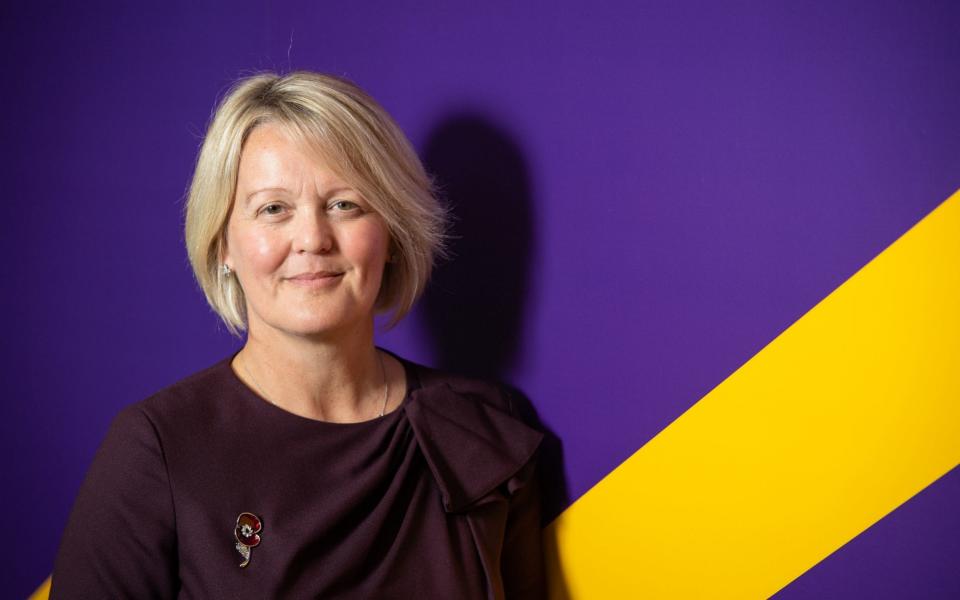Fears female entrepreneurs hit harder by Covid as funding applications halve

City grandees have raised concerns that businesswomen are being harder hit by the pandemic than men as funding applications from female entrepreneurs halve.
Dame Jayne-Anne Gadhia, the former boss of Virgin Money who was commissioned by the Government to write a report on women in finance, told The Telegraph that there should be a tax incentive for “relevant City firms” to set up funds especially for female innovation as the “old boys network is alive and kicking”.
“Most of the money available for investment is managed by men and they tend to invest with ‘people like them’,” she said. “I suspect lockdown has simply exacerbated these behaviours.”
Her comments come after figures obtained by The Telegraph show that the number of applications from women to Virgin StartUp, which provides funding for entrepreneurs, has halved since the start of lockdown, while for men application were down just 17.5pc. The data compares the six weeks before lockdown with the six weeks after it was imposed in late March.
Sir Philip Hampton, chairman of the government’s Hampton-Alexander review on City gender equality, said there was a particular problem for start-ups.
“We don’t have enough girls doing STEM subjects at school and then university. Computer science, for example, is still very male, and that feeds into areas like fintech. We have to address the problem throughout the system, from school to the boardroom,” he said.
About 10pc of start-up funding in the UK goes to women. RBS chief executive Alison Rose has previously said that closing the start-up funding gap could add an additional £250bn to the economy, the equivalent to four years of economic growth.

She told The Telegraph last year that the gap was “frankly unacceptable” with many women forced to borrow from family members to get their business going. She also found that businesses run by women were on average half the size of firms led by men.
Dame Jayne-Anne, who is behind fintech start-up Snoop, said research taken to explore the funding gap before lockdown indicated that men may be less risk-averse in general.
Last year banks including RBS, Barclays and Lloyds backed a new Investing in Women Code, pledging to do more to help female entrepreneurs following a government review led by Ms Rose.
Before the coronavirus pandemic, Virgin StartUp said it was almost funding men and women founders equally, with 47pc of applications coming from women in the week before lockdown.
Sam Smethers, chief executive of gender equality chairty Fawcett Society, said: “We know that women are being hit harder than men in terms of the economic impact of the Covid crisis and they are much more likely to be doing the majority of unpaid care work and carrying the emotional burden too”.
She added that the latest data shows that women are much less likely than men to be pursuing business start-up funding at the moment, possibly due to being more cautious or because they don’t have the capacity with extra homeschooling and childcare responsibilities.
“Whatever the reason, if we are holding women back, we are holding the economy back and that is bad news for the UK recovery,” she said.

 Yahoo Finance
Yahoo Finance 